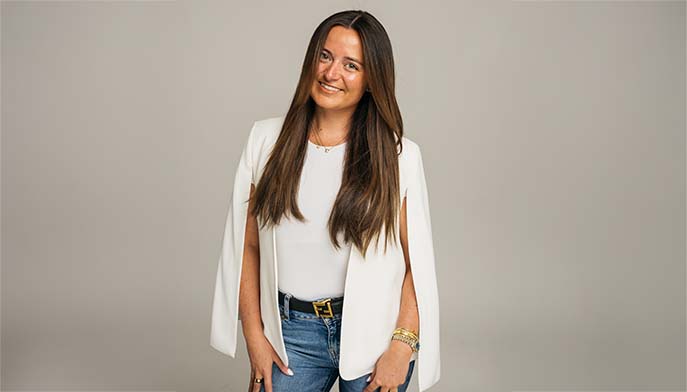Fairfield News
Fairfield News in Your Inbox
Questions for Us?
Contact our Public Relations Team

Biological anthropologist and zooarchaeologist Frances Forrest studies early human behavior, stone tools, and ancient ecologies spanning nearly three million years.
I went straight into Covid out of college. I more or less had to learn to leverage social media because all contact with prospective clients was now virtual. I had to learn on the fly.”

Contact our Public Relations Team
